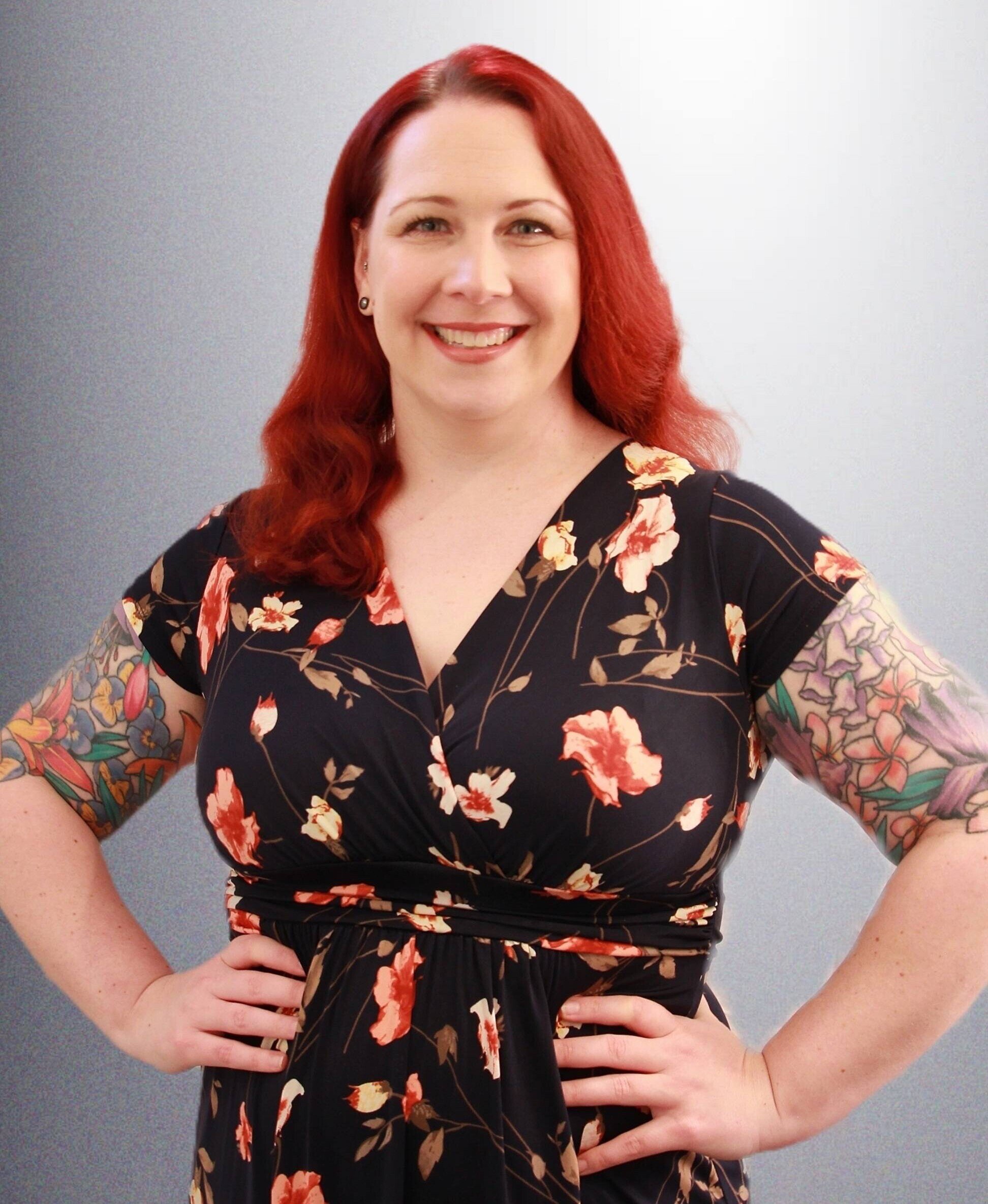Preceptor Spotlight: Angela Kapalko
April 27, 2022
 Why did you become a preceptor?
Why did you become a preceptor?
I decided I wanted to be a preceptor early in my career. Actually, it was when I was still a student. I was fortunate enough to have many excellent rotations with both PAs, NPs and MDs who were excellent teachers, who gave me a lot of support and information and really shaped my career. The moment when I knew precepting with something that I had a passion for was when I took my first student. It was her final rotation before she graduated. She already had a job lined up, but she knew she wanted more information about infectious diseases like HIV and hepatitis C. After her second week, I sat down with her to see how she thought things were going. I will never forget what she said to me. She said “before this rotation I thought I had made a mistake going to PA school. I couldn’t find a rotation I liked. I was worried I made the wrong decision. After coming here, I realized I just didn’t have a great mentor to show me what it really could be.” That was in 2014. Today, she works in the public health sector of the US government doing infectious disease work, has her doctorate and speaks nationally. We keep in touch regularly, and it is truly a joy to watch her and all of my past students develop into such amazing clinicians.
Why is it especially important to become a preceptor now?
I actually don’t think there is a difference between “now” versus “then.” Being in medicine is not just a job, it’s about being involved in people’s lives, and that is and always will be important, and always should be respected. However, the COVID-19 pandemic has shown what a toll a health crisis can and does take on not only the people it infects but everyone else as well. Being able to show the next generation of clinicians how to care for their patients as well as themselves is crucial if we want to have clinicians who are healthy, happy and fulfilled. We also need to make sure those healthy, happy and fulfilled clinicians are treating the people they care for with respect and dignity even in the hardest of times.
How did your preceptor change your life?
I had many great preceptors, however there is one that I will always call my mentor. Dr. Mark Watkins of Triangle Medical took me on for both an internal medicine and family medicine rotation. I originally was only supposed to be there for one rotation, but when my second rotation fell through, he agreed to keep me on for the second. He treated me more as a young colleague still learning than what I would consider a “student.“ He was doing primary care for the LGBTQ community in Philadelphia. While not an infectious disease trained physician, he learned HIV medicine because he was in the thick of it when the epidemic started. He realized how important it was for HIV care to be incorporated into general primary care. I already had an interest in clinical research, but when I went to his office, he taught me the value of looking at the information pharmaceutical representatives gift providers and how to read it and interpret it in ways that make sense versus how the pharmaceutical reps want to present it. He taught me how to scrutinize the data, weed through all of the pretty pictures and get to what really mattered. When it came to patient care, he showed me what it meant to be a part of a patient’s life in good times and bad times and be able to deliver information to a patient with honesty, respect and dignity.
How did becoming a preceptor change your life?
It’s not just a finite period of time for me with a student. To me, each student means a lifetime of friendship, networking and camaraderie. I always say I think of each student as a child that I birth into the world of medicine to be great clinicians being great people to other people. I always learn so much from every single one which also continues to make me a better clinician every day.